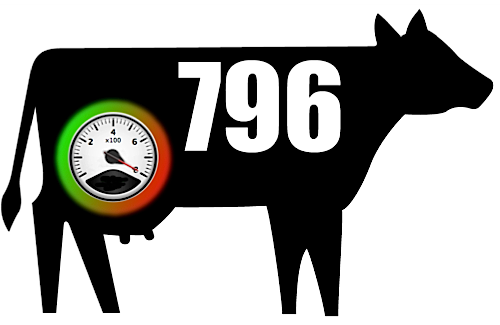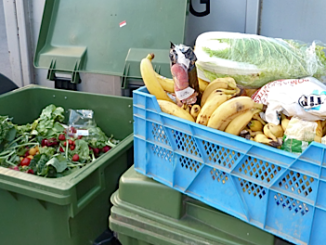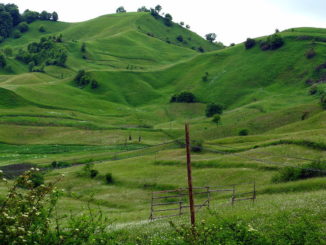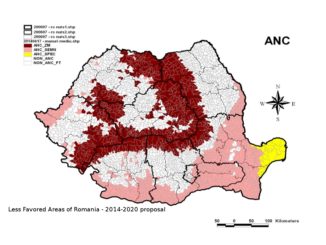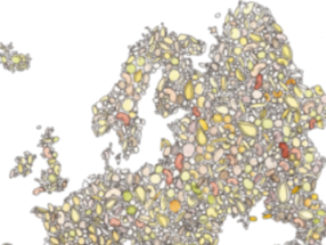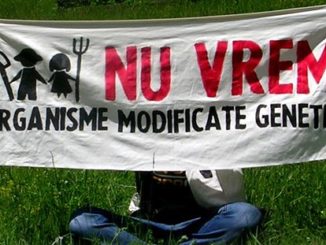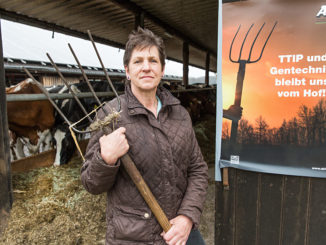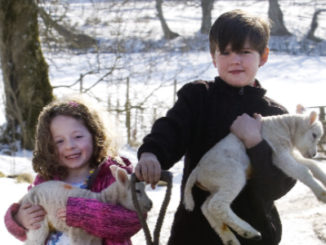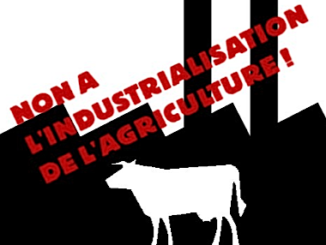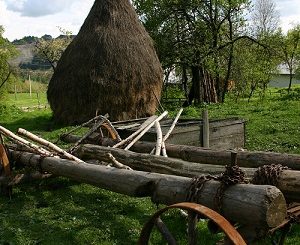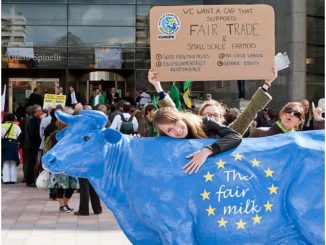Whitmuir Community Farm, a few miles south of the Scottish capital Edinburgh is selling itself to the local community. Literally. For a couple of years now, Whitmuir Community Benefit Society has been selling shares in the working organic farm, with a view to securing the future of the educational work that already goes on there. “Transferring the land from private ownership to community ownership not only protects the long term future of the farm, but also allows greater collaboration with the educational and science sectors than is currently possible and enables the development of accommodation and teaching facilities on site,” explains Pete Ritchie, director of Nourish Scotland, who is currently farming Whitmuir with his partner, Heather Anderson. The process of selling shares was launched in 2013, with the first share being bought for then five-year-old Maya by her family. The launch event was also attended by the Scottish Parliament’s Cabinet Secretary for Rural Affairs, Food and Environment, Richard Lochhead (pictured below, with Maya). There are now 14 shareholders under the age of 16 and the […]
